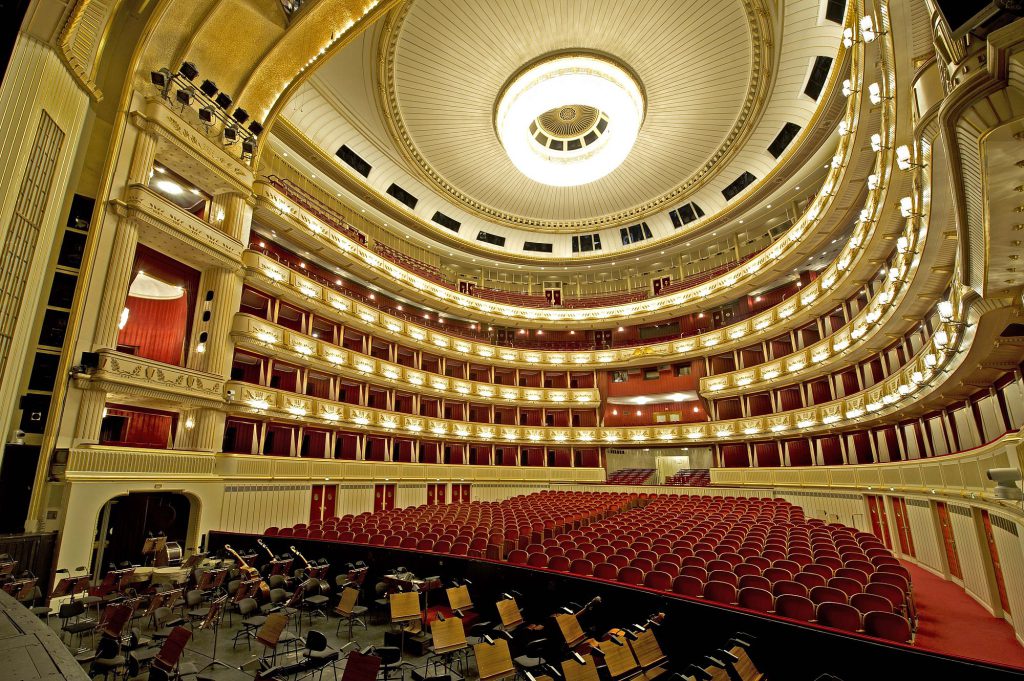
I have been slightly revising some earlier posts about opera, and in the process came across the below observation from Kenneth Clark. (My own opera posts can be found here — feel free to scroll down that page to skip this one.)
What on earth has given opera its prestige in western civilisation — a prestige that has outlasted so many different fashions and ways of thought? Why are people prepared to sit silently for three hours listening to a performance of which they do not understand a word and of which they very seldom know the plot? Why do quite small towns all over Germany and Italy still devote a large portion of their budgets to this irrational entertainment? Partly, of course, because it is a display of skill, like a football match. But chiefly, I think, because it is irrational. “What is too silly to be said may be sung” — well, yes; but what is too subtle to be said, or too deeply felt, or too revealing or too mysterious — these things can also be sung and can only be sung.
— Kenneth Clark
Civilisation (1969)
